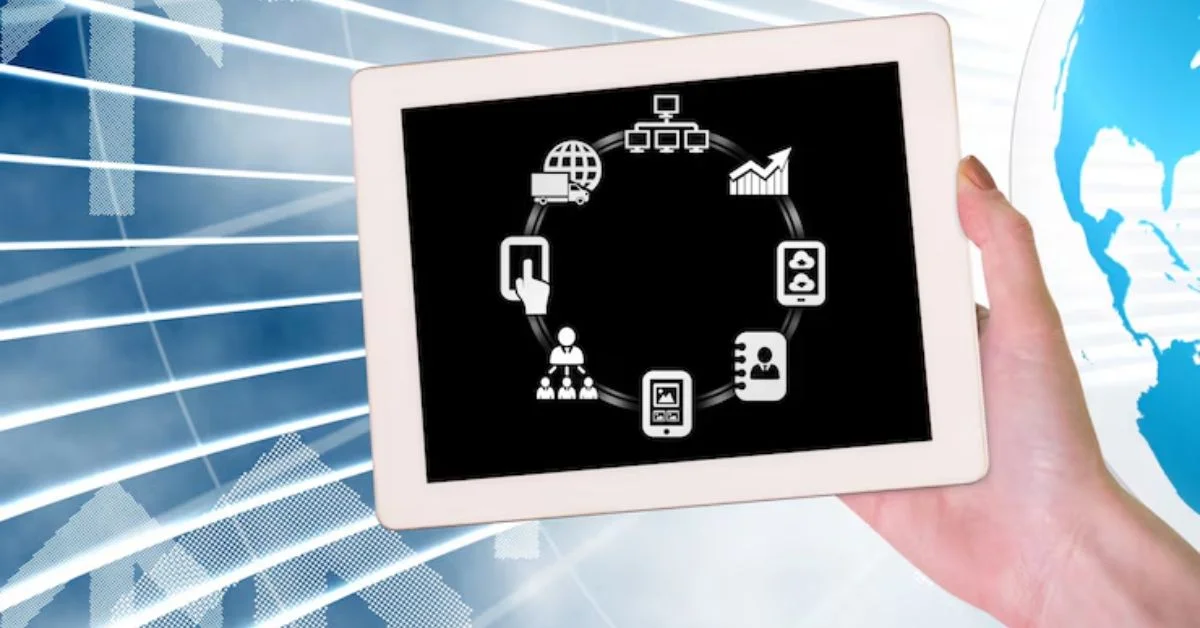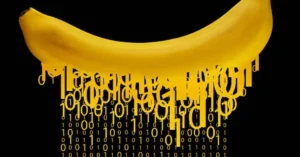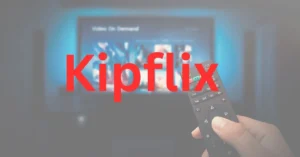FUQP is an acronym or term that has emerged in digital and colloquial language, often seen in online discussions, memes, or slang-based dialogue. While interpretations can vary, it typically reflects an attitude or label combining humor, criticism, or rebellion—sometimes used to describe a person, a mindset, or a cultural trend. This article explores the potential meanings of FUQP, how it evolved, where it’s being used today, and what it represents in broader cultural or generational discourse. If you’re curious about this modern term or unsure of how to interpret it, here is a full breakdown rooted in language, behavior, and media.
Introduction: The Rise of Acronyms in Everyday Language
In a world increasingly mediated by screens, short-form communication—texts, hashtags, usernames, tweets—has transformed how we speak and think. Acronyms like LOL, FOMO, TL;DR, and YOLO aren’t just abbreviations; they’re symbols of generational tone, social dynamics, and cultural shifts.
FUQP appears to be a part of this family of modern vernacular—provocative, abbreviated, and often context-driven. While it doesn’t have a mainstream dictionary definition, its usage across forums, memes, and private chats suggests it carries layered connotations of humor, satire, and social commentary.
Let’s break it down piece by piece: usage, interpretation, evolution, and cultural implications.
What Does it Mean? Possible Interpretations
The most commonly assumed expansion of FUQP is:
F*ed Up Questionable Person**
This version casts FUQP as a slang label, used either mockingly or critically to describe someone who displays erratic, toxic, or absurd behavior—often in a way that is disruptive, controversial, or just bizarre.
However, like most acronyms in digital culture, context defines meaning. Here are several interpretations depending on usage:
1. F*ed Up Quick Pivot**
Used in digital communities to describe a sudden, awkward shift in conversation—often jarring or bizarre.
2. Fictional Universe Quality Problem
Used in fandom or storytelling forums to critique inconsistencies in world-building or narrative logic.
3. Forget You, Quiet Please
A sanitized, passive-aggressive usage in academic or social spaces where confrontation is disguised with irony.
4. Freaky Unexpected Quirky Personality
In niche, self-deprecating circles, this definition reclaims the acronym in a humorous, identity-positive way.
Each usage shares something in common: nonconformity, disruption, and commentary. Whether meant as insult or introspective label, it leans into what is socially unexpected or offbeat.
Where Is FUQP Used? From Subcultures to Memes
Though not yet a mainstream expression, it appears across a range of digital spaces:
- Twitter threads commenting on strange celebrity behavior
- Reddit posts where users vent about absurd co-workers or exes
- Discord servers as inside jokes or labels in profile bios
- TikTok captions describing chaotic storytimes or awkward confessions
- YouTube comments on erratic plot twists or creators “going rogue”
In these environments, this is often deployed with humor, irony, or frustration, tagging someone or something as off-kilter in a socially recognizable way.
The Psychology Behind FUQP: Why the Term Resonates
Beyond the phrase itself, the popularity of a term like FUQP reflects modern attitudes toward:
1. Moral Ambiguity
Unlike older slang that clearly categorized people (hero/villain, good/bad), this captures the sense that behavior today is harder to label. People—and situations—are complex, messy, and often contradictory. FUQP lets us acknowledge that without over-analyzing.
2. Humor as Armor
In an age of overstimulation, sarcasm and absurdity are self-defense mechanisms. This serves as shorthand for “this doesn’t make sense, but we’re laughing anyway.”
3. Anti-Hero Culture
From TV shows like Euphoria to personalities like Kanye West or Elon Musk, modern culture often centers people who are flawed but fascinating. It captures this magnetic chaos—flawed, unstable, yet compelling.
4. Digital Burnout
With constant exposure to online scandals, contradictions, and cognitive dissonance, terms like FUQP are linguistic shortcuts to express, “this is too much.”
In Generational Context
Different generations perceive FUQP-like behavior and language in different ways.
| Generation | FUQP Reaction | Cultural Parallel |
|---|---|---|
| Boomers | Disapproval or confusion | “Loose cannon” |
| Gen X | Dry humor, skepticism | “Flake” or “trainwreck” |
| Millennials | Irony, meme culture | “Hot mess” |
| Gen Z | Identification, self-meme | “Main character syndrome,” “chaotic good” |
This reflects a broader linguistic trend: younger generations label disorder with affection, older ones with concern.
Is FUQP Offensive? A Question of Intent and Context
Like many acronyms that contain profanity or judgment, it walks a fine line between harmless satire and personal insult.
- In private circles, it’s often playful.
- In public or professional contexts, it can come off as aggressive or inappropriate.
- As a self-label (“I’m such a FUQP today”), it may be humorous or therapeutic.
Ultimately, the term reflects a linguistic gray area, shaped more by community norms than strict definitions.
Case Studies: FUQP in Everyday Use
Case 1: Group Chat Chaos
In a friend group chat, one user suddenly rants about astrology, sends 18 TikToks in a row, then ghosted for days. The next day, someone messages:
“Bro went full FUQP last night ”
This usage conveys affectionate mockery, signaling group intimacy and shared humor.
Case 2: Media Critique
A YouTube review of a celebrity documentary includes this moment:
“Halfway through, it turns into a FUQP manifesto—chaotic edits, incoherent messaging, and an ego trip.”
This reflects critical shorthand, letting viewers know the production lost credibility or coherence.
Case 3: Personal Reflection
A Twitter user posts:
“Was crying in the bathroom stall while texting my ex, now I’m buying glitter boots online. FUQP era.”
This is self-aware, ironic, and embraces contradiction—a classic Gen Z tone.
The Linguistic Evolution of Slang Like FUQP
FUQP fits into a broader trend of compact, emotionally loaded acronyms emerging in the digital era:
- FML – expressing frustration or defeat
- IDC/IDGAF – signaling indifference
- SMH/WTF – displaying disbelief or disapproval
- FUQP – capturing moral messiness, absurdity, or emotional overload
These acronyms act as emotional thermostats—letting people register how strange, funny, or chaotic something feels without deep explanation.
The Future of FUQP: Will It Last or Fade?
Like many internet-born terms, it’s lifespan depends on:
- Adoption rate beyond niche groups
- Pop culture amplification (TV, music, influencers)
- Meme cycles and linguistic adaptability
If the term enters more mainstream outlets or becomes attached to a high-profile cultural moment, it may endure or evolve. Otherwise, it may remain a low-key but clever marker of digital subcultures in the 2020s.
Regardless, it reflects something enduring: the human desire to label the in-between—those moments, people, or experiences that don’t fit neatly into any box.
Conclusion
In the end, FUQP is less about profanity or insult and more about how we describe people and situations that feel emotionally contradictory, socially complex, or oddly human. It’s a response to overload, a tool for humor, and sometimes, a call for empathy.
Like many pieces of slang, its power lies not in its spelling but in its context, timing, and tone. Used wisely, it can spotlight the surreal hilarity of modern life. Used carelessly, it can alienate or offend.
But in either case, FUQP invites us to reflect on the messy emotional geography of being alive in a hyper-connected world—where everything is visible, nothing is stable, and humor is often our best defense.
Frequently Asked Questions (FAQs)
1. What does FUQP stand for?
The most common meaning is “F***ed Up Questionable Person,” but other interpretations exist depending on context and community.
2. Is FUQP a widely accepted term?
It’s still niche, mostly used in digital subcultures, memes, or private chats. It hasn’t yet entered mainstream dictionaries.
3. Is FUQP meant to be an insult?
It can be, but often it’s used humorously or ironically. Intent and tone matter more than the term itself.
4. Can FUQP be used in professional settings?
No. Due to profanity and ambiguity, it’s best avoided in professional or formal communication.
5. Will FUQP become a mainstream term?
It might, especially if adopted by influencers or used in pop culture. For now, it remains an expressive tool within certain circles.
For more information, click here.









